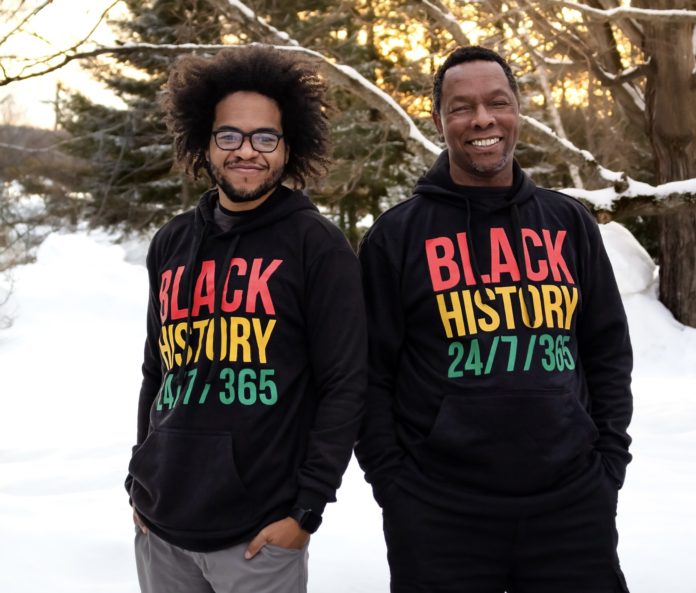
The UNB Art Centre and the New Brunswick Black Artists Alliance (NBBAA) are partnering to present a film series opening on Feb.16.
Gary Weekes, co-founder of the NBBAA, said the idea to have a film festival started with having a film to show but nowhere to show it.
Coincidentally, Weekes and Black documentary filmmaker Juanita Peters attended the same play in Perth-Andover, where both stepped out during intermission.
Peters offered Weekes their film to screen.
“All of a sudden we had a film and an idea to present it somewhere; we didn’t really know where,” said Weekes.
Weekes said after a meeting with Marie Maltais, the director of the UNB Art Centre, it was decided to screen a series of films at the center through the months of February and March.
“We went home and we said, ‘oh jeez, we’ve got one movie; now we’ve got to go and get other movies,’” said Weekes.
Along with Peters’ film Africville: Can’t Stop Now, the series will feature four other films: Older Stronger Wiser, directed by Claire Prieto; Dope is Death, directed by Mia Donovan; and Walking on a Sea Glass and Parable in the Black and White, both directed by Errol Williams.
Africville: Can’t Stop Now is Peters’ documentary about Africville, Nova Scotia, the home of a number of African-Canadians before the Nova Scotia government expropriated residents to develop the land on which their homes were situated.
The documentary tells the story of a community that survives despite their homes being destroyed.
The other Black New Brunswick director to be featured in the series is Errol Williams.
His introduction to filmmaking was at the NB Film Co-op in the 1980s, where he directed his first documentary in 1988, Echoes in the Rink: The Willie O’Ree Story.
“Errol was instrumental in bringing the Willie O’Ree story to the public. Whether he’s credited with it or not, we all believe that he was the one that put O’Ree on the map,” said Weekes
After each film, there will be a question and answer period to discuss the films with the hope of encouraging positive discourse. Williams’ mother and brother will be coming to the screening of his films on Feb. 23 and will be part of the post-screening conversation that day.
This is the first film festival of Weekes’ knowledge that is intentionally featuring “Black films and Black filmmakers.” The hope is that this event takes place on an annual basis, but what to call such an event has not been decided just yet.
“To have the title ‘Black film festival’ just to get people to either go or not go, I don’t think we should be looking at that … all of this is new to us,” said Weekes.
“I’ve never put together a film festival before so it’s uncharted territory, but at the same time it’s challenging, and I love a challenge.”
